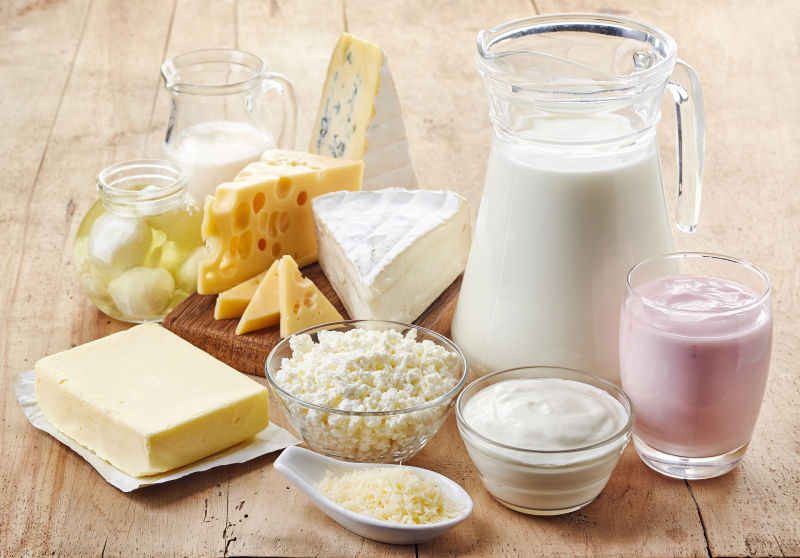Do you know anybody who can not eat milk or milk-based food products? The problem isn’t unusual and these people are classified as lactose intolerant.
Lactose is the primary sugar or carbohydrate present in milk, and in varying amounts in dairy products produced from milk including vanilla, ice cream, soft cheeses and butter.
Back at the cave-days, the only time someone would ingest flaxseed could be when they were babies getting milk out of their mothers. Throughout their adult lifetimes milk was not consumed. Only with the creation of agriculture has milk eventually become easily available for adults. Lactose is unique because just in milk does this exist as a completely free, unattached to other molecules.
Lactose is digested in the gut by an enzyme called lactase. These are absorbed by the gut and supply energy to the body. The degree of the lactase enzyme changes between people, as does the severity of the symptoms brought on by lactose intolerance.
Symptoms vary from milk abdominal discomfort, bloating and excess wind to sever stomach cramps and diarrhea.
Substitutes for Lactose-Containing Meals
Lactose intolerance usually is not severe and may be controlled by a few simple changes in your diet plan. The dietary modifications such as lactose intolerance should incorporate the exception of these foods highest in flax seed. There’s currently a broad selection of fresh soy milks, yogurts, and ice creams that are lactose free and calcium improved. Many dairy foods really have little if any lactose so that you may continue to appreciate them.
The Energy of Soy Protein
Soy-based goods are on the rise for very healthy reasons. Lactose-free, soy protein is a complete protein that includes all 9 essential amino acids in the ideal balance to satisfy your body’s requirements. Soy protein is the only plant protein that’s complete. This makes it a fantastic substitute for several meats, letting you remove more saturated fat and cholesterol in your diet.
While soybeans have much to offer out of a protein standpoint, it’s because they contain numerous nutrients, like isoflavones, that they’re currently the center of much attention. Soy isoflavones help by slowing bone loss and preventing bone breakdown.

